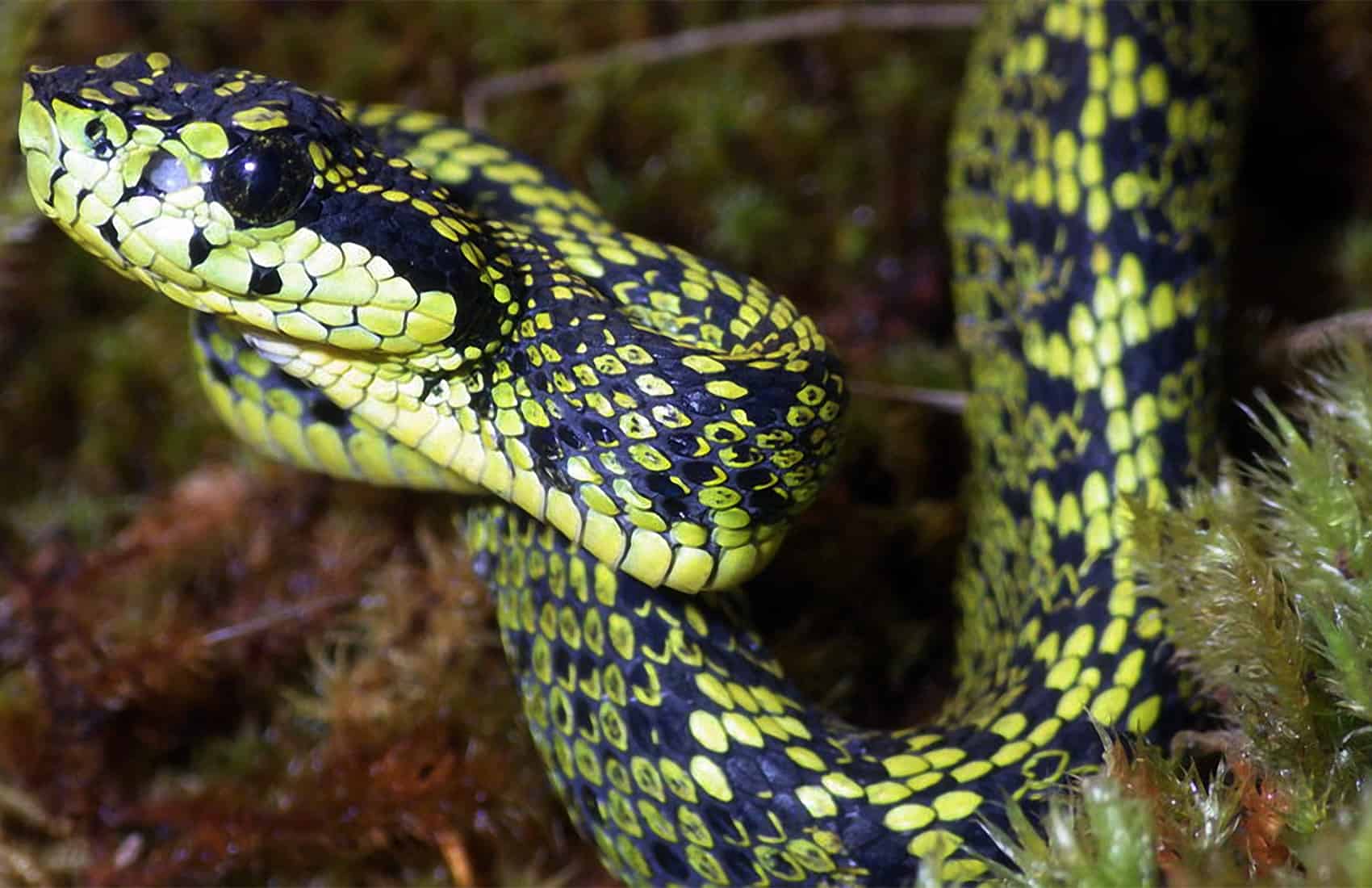Costa Rica is home to a wide range of snake species. It has 144 types of serpents, making it one of the nations with the greatest diversity of these reptiles per square kilometer in the world. Some of them are harmless for humans, while others do pose a great threat.
Without appropriate healthcare, a snake bite can be fatal. The massive entry of toxic agents from the snake’s venom into the body, does not allow the immune system to respond quickly and protectively.
The medical emergency can only be resolved in a frantic fight against the clock: the precise antivenom must arrive on time. Hence, the timely administration of this antidote is the only effective cure.
In general, after a bite from a venomous snake, there is intense, burning pain at the site of the bite within 15 to 30 minutes. This may progress to swelling and bruising of the wound and the entire arm or leg.
Other signs and symptoms include nausea, shortness of breath and a general feeling of weakness, as well as a strange taste in the mouth.
Some snakes, such as coral snakes, have toxins that cause neurological symptoms, such as a tingling sensation, slurred speech and general weakness.
Occasionally, a venomous snake may bite without injecting venom. The result of these “dry bites” is irritation at the site.
Tobobas snakes are responsible for the most cases of envenomation, particularly, velvet snakes. This kind of animal is as beautiful as it is deadly and is responsible for most bites and deaths.
The terciopelo, one of the largest and most venomous snakes in Costa Rican forests, is involved in six out of ten cases. Other snakes with reported incidents are the tamagá, the rattlesnake and, to a lesser degree, the coral.
Snake bites are common, for the most part, in rural areas. It is particularly usual in those places where agriculture is the main activity. Roads and riverbanks near cultivation areas are where these misfortunes occur more often. An important number of them also happen frequently near homes in such areas.
The frequency of these poisonings increases during the rainy season, from June to November, because that is when most of the work is done in agricultural areas; however, accidents occur in all months of the year.
In Costa Rica, the Clodomiro Picado Institute has produced antivenom serums and supplied the regional demand for this product, since 1970. The Institute honors the legacy of Dr. Clodomiro Picado Twight, who dedicated his efforts to investigate ophidian poisoning and its cure, during the 20th Century.






